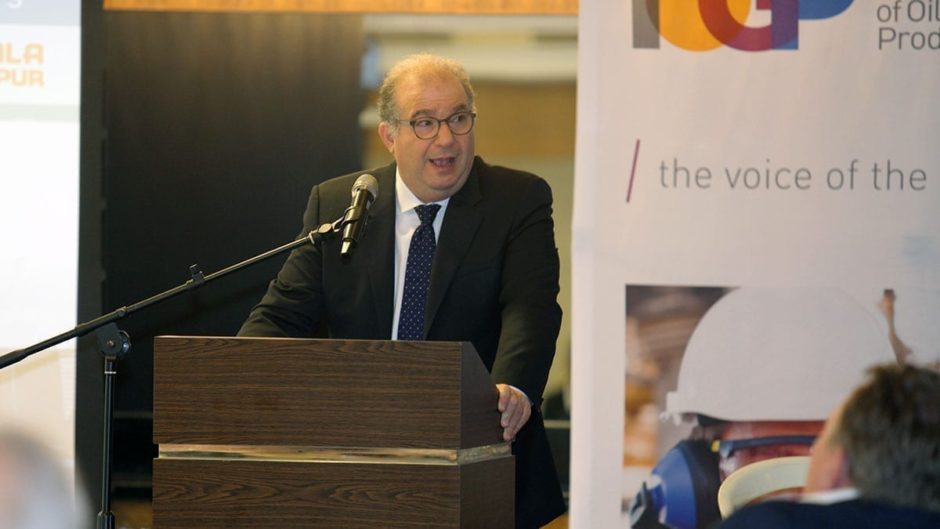
As an industry, as businesses and, most importantly, as people – this is an incredibly tough time. No matter where you are in the world, or what you do, we have all been impacted by the coronavirus in some way.
There’s the tragic human toll: the loss of loved ones and colleagues and our own health. Of course, there are the social restrictions too: working from home or not being able to spend time with friends and family. And there are the economic implications, the seriousness of which seem to grow by the day.
We have been through crises before. And even though this might be of an altogether greater magnitude, I’m confident that as an industry we have the skills, adaptability and determination to pull through.
But after bringing the world to an unprecedented standstill, I think it’s safe to say this virus will leave its mark.
We do not know exactly what the long-term implications will be for our industry. However, I think this pandemic is a wake-up call. Like the virus, climate change is a predictable global challenge, but at an exponentially larger scale.
Climate change
If a virus – albeit an awfully serious one – can bring the global economy to its knees in just a few weeks, imagine what could happen if the worst effects of climate change begin to bite. The potential implications are just frightening.
So, if there is one positive that might come out of this grim episode, it should be the widespread realization that everyone in our industry must challenge themselves to respond much more convincingly to the threat of climate change. We will need more proactive leadership in advancing progressive policies, setting out bold climate positions, and fast-tracking the transition of our businesses to a lower carbon world.
While climate ambitions will undoubtedly be tested as the economy recovers, it is not the time to shy away from them. It is the time for leaders to commit and demonstrate how addressing climate change in the right way builds a healthier, stronger economy and a better world for all.
My own view is that beyond the plans and targets we set; we need to take real, tangible action with the ambition of becoming a net zero emissions industry – and contributing more widely, where we can, to global efforts to reach net zero.
I recognize that not all of us will be able to contribute equally, but we all have a role to play.
And this should start with setting clear decarbonisation targets including on CO2 and methane emissions reductions, then measuring and transparently reporting progress. Without this our industry risks becoming marginalised and will not be able to play our fullest part in helping the world to responsibly meet demand for energy.
There are many resources available to support you such as the Methane Guiding Principles and United Nations CCAC OGMP. Additionally, IOGP in collaboration with IPIECA and OGCI will be increasing our focus and co-ordinating efforts on emissions reduction.
Like covid-19, society will judge how we respond to climate change and we want to come out on the right side of history. I am confident our industry will rise to the challenge and again demonstrate we are a force for good for the world.
Giving us purpose
This leads onto a related area that I’ve been thinking about a lot recently – particularly amid the coronavirus outbreak.
I am increasingly convinced that the way we act – and react – in situations like this is informed by our motivations. And that flows from our purpose.
As businesses – and also as people – I strongly believe that we should be talking much more about this. In the corporate sphere, that must stretch to something beyond making profits for shareholders. Of course, as commercial entities, that will always be important. But in this ever-changing world, that cannot be our only motivation. We need to embrace purposes that allow us to work for a greater cause: something that lifts our focus from our everyday lives and reminds us that there is a bigger reason for going to work.
There’s nothing like a crisis to help you realize what is really important. If nothing else, this outbreak should spur us to think more about why we do what we do. And I believe that we have a responsibility to make the world a better place where people and our planet can thrive together. Not only because our employees, communities and investors are demanding it, but because it is the right thing to do.
Recommended for you
